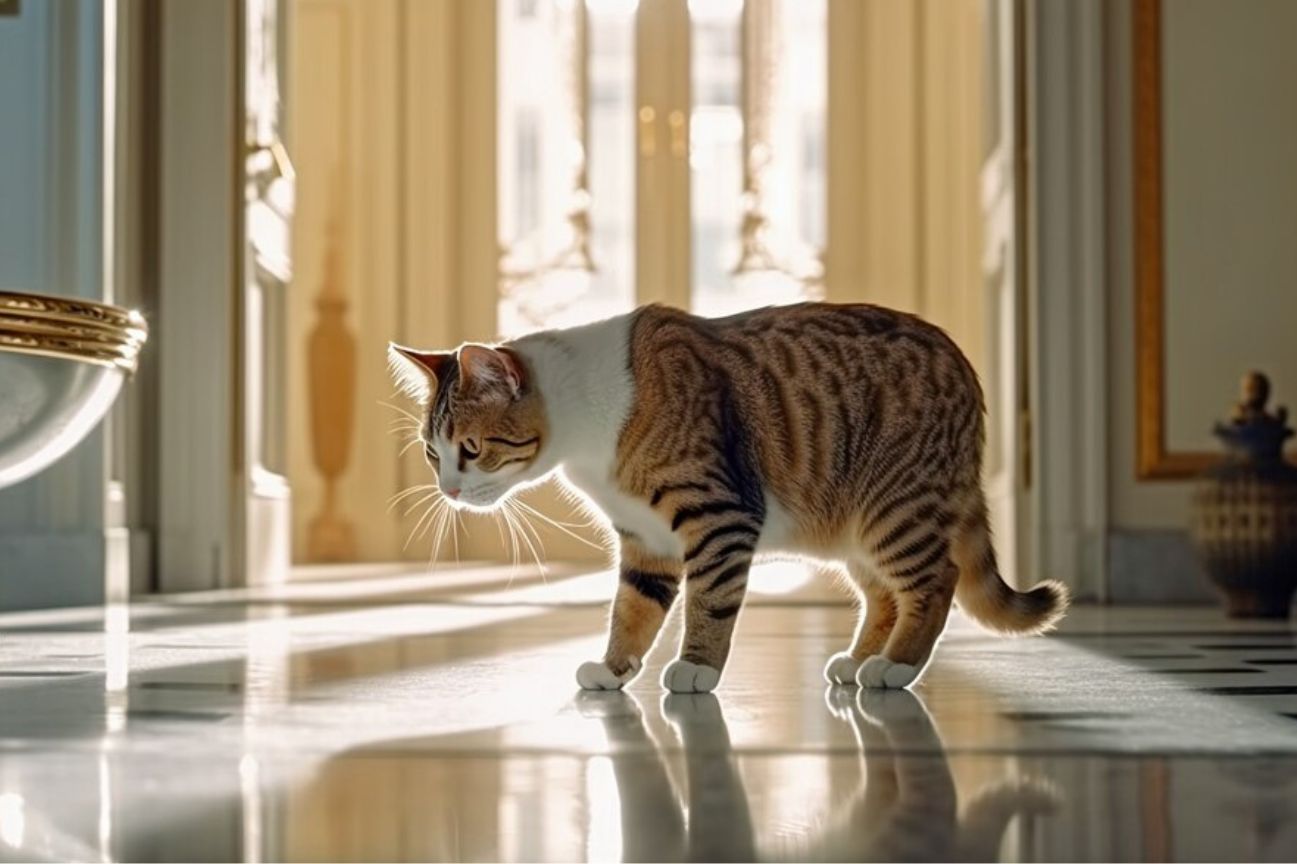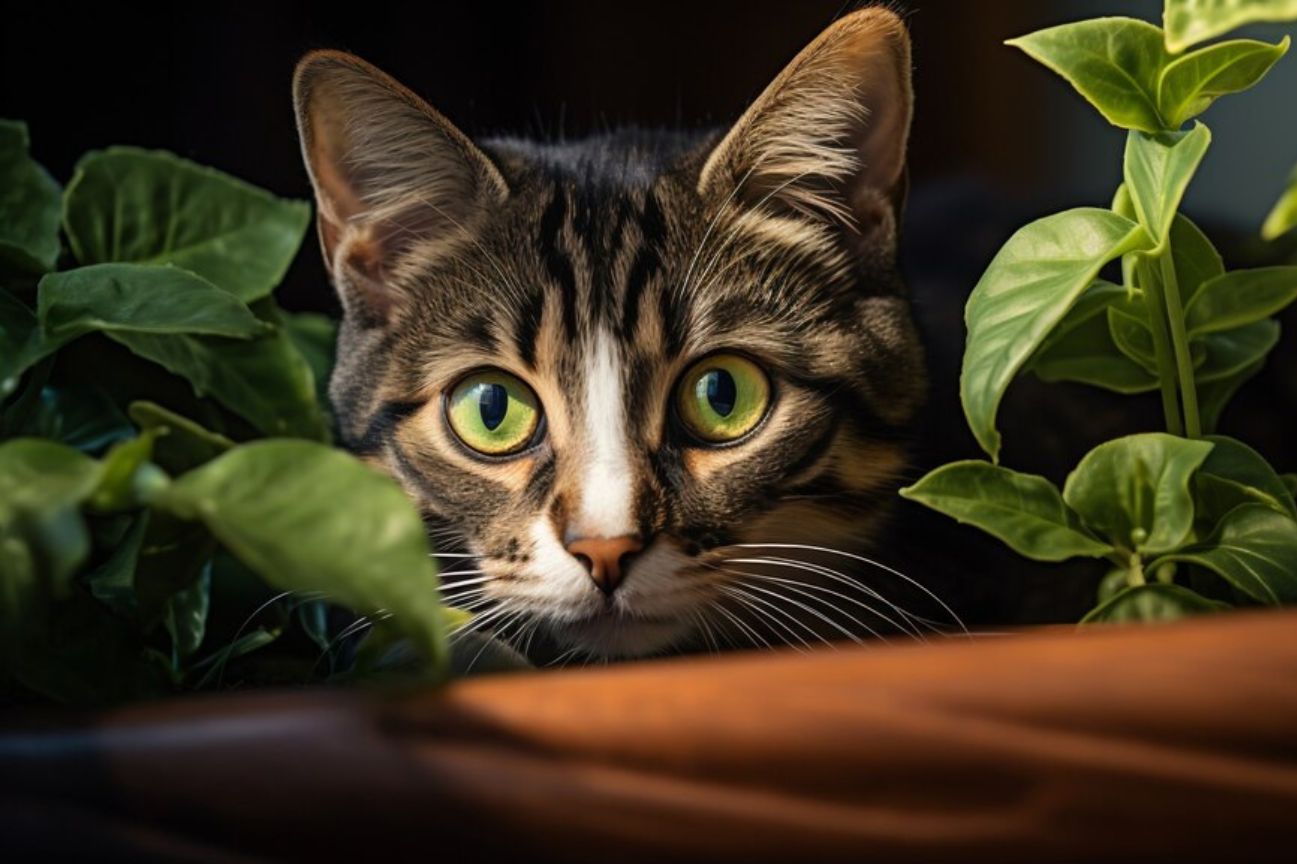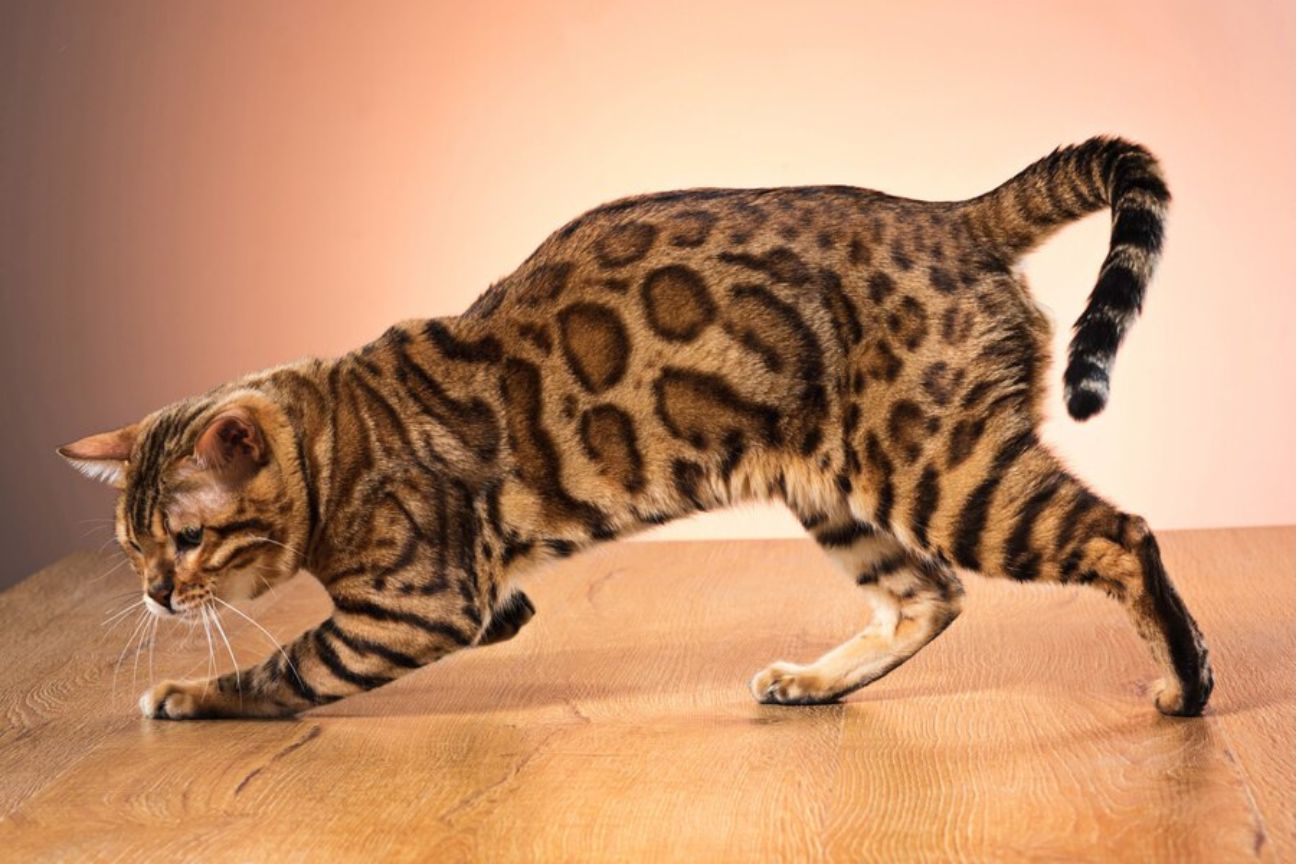Large Exotic Cats for Pets: A Purr-fectly Wild Idea? When you think of pets, cats are likely one of the first to come to mind. But not just any cats—we’re talking about the big, bold, and beautiful large exotic cats for pets. Yes, imagine having a creature that looks like it just strutted out of a jungle book lounging on your sofa! It sounds thrilling. Well, buckle up because this article from Canecordc will guide you through the jungle of owning large exotic cats as pets, step by step.
What Exactly Are Large Exotic Cats?
Large exotic cats include species like lions, tigers, and leopards, and more domesticated versions like the Savannah cat or the Bengal. They are not your typical house cat and have many unique challenges and joys. Before jumping on the wild bandwagon, let’s dive into what makes these majestic creatures a possible house pet.
First, the appeal: These cats are not just pets but a statement. With their regal demeanor and breathtaking beauty, they command awe and respect. However, it’s not all about looks—these cats have personalities more prominent than their paw prints!
Second, the reality: It’s crucial to understand that owning an exotic cat is nothing like owning a domestic cat. They require specialized diets, environments, and care beyond regular cat food and a litter box. Their wild nature does not entirely dissipate in a domestic setting, which leads us to the next big question.
Is It Legal to Own Large Exotic Cats?

Before measuring your living room for a tiger-sized cat bed, you might want to check the legalities. The legality of owning large exotic Siamese cats for pets varies significantly from one region to another.
Regulations and permits: In many places, owning a creature that could potentially eat you (or your neighbors) involves a labyrinth of legalities, permits, and inspections. It’s not as simple as bringing home a kitten from the shelter. You’ll need to be prepared for a bureaucratic adventure as challenging as training your new feline not to use your sofa as a scratch post.
Safety concerns: Beyond legality, there’s the undeniable fact that these animals, no matter how tame, are predators. They have instincts that can harm other pets, children, and adults. It’s like living with a furry version of Jekyll and Hyde. One minute, they might be purring next to you, and the next, well, you better not be between them and their food.
Caring for Your Large Exotic Cat
If you’ve navigated the legal jungle and decided to welcome a big cat, you’ll need to know how to care for them. Caring for large exotic cats isn’t just about feeding and grooming; it’s about creating an environment that caters to their wild instincts.
Diet and health: These cats require a diet that resembles what they would eat in the wild. This means raw meat and lots of it. Your grocery bill might shock you enough to rival an electric eel.
Environment: You’ll also need to provide an environment that allows them to exhibit natural behaviors. This includes climbing, jumping, and enough space to roam. Unless you want your exotic cat to remodel your house in a way only a bulldozer could appreciate, you’ll need to make some significant modifications.
The Ethical Considerations

Owning a large exotic cat as a pet isn’t just a personal choice; it’s an ethical one. While stunning and captivating, these animals are often not suited to life within four walls. They require space, freedom, and the ability to engage in natural behaviors—not something easily provided in a suburban backyard.
Conservation vs. domestication: It’s also worth considering the implications on conservation efforts. Many of these animals are endangered, and by promoting the exotic pet trade, we might be undermining efforts to preserve them in the wild.
Animal welfare: Then there’s the question of welfare. Can a large exotic cat indeed be happy in a home environment? Or are they merely surviving, deprived of the life they were meant to lead? These are tough questions that any potential exotic cat owner needs to ponder.
Conclusion: Is It a Good Idea?
In conclusion, while owning large exotic cats for pets might sound exciting, it’s fraught with challenges, legal hurdles, and ethical dilemmas. It’s not for everyone, and certainly not for the faint of heart—or those short on space. But if you have the resources, commitment, and understanding of the needs and nature of these majestic animals, it could be an enriching experience. However, for most of us, perhaps sticking to YouTube videos of big cats might be the safer (and cheaper) option to quench our feline fascination.
For more insights and guidance on unconventional pets, keep exploring articles right here on Canecordc. Remember, owning an exotic cat is not just a hobby; it’s a lifestyle—and a wild one!
This comprehensive guide aims to ensure you understand what you’re getting into with large exotic cats for pets—from their diet needs to the size of their litter box (spoiler: it’s significant). So before you make your living room a lion’s den, consider all the points we’ve pounced on today. Happy pet hunting!
